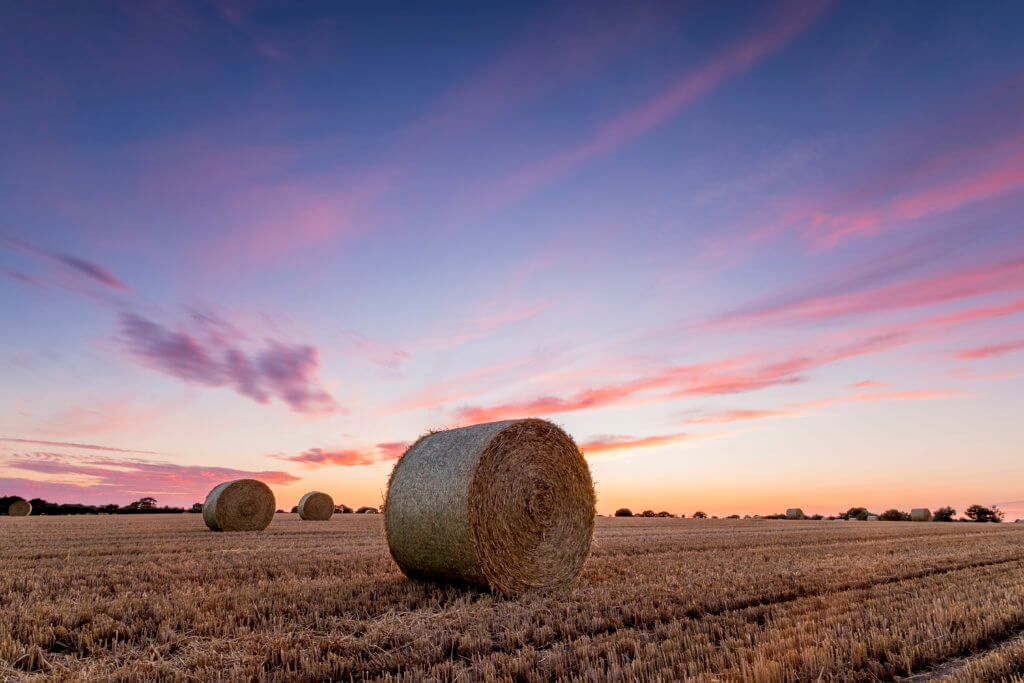Get fit for the future?
As our farming clients continue to battle with circumstances well beyond their control (coronavirus, extreme weather conditions, flooding, reduced environmental payments as well as increased price uncertainty post Brexit), we wondered what would arrive in the March tax Budget for farmers.
Apart from the already pre-agreed changes in capital gains tax for the sale of second homes, including farm cottages, and some changes on allowances for investment in farm buildings and on entrepreneurs relief, there were no dramatic changes. We did not get the predicted removal of agricultural property relief (the inheritance tax relief applying to just agricultural value, and not including any non ag/ “hope value”) or business property relief (the inheritance tax relief applying to agricultural land including non-agricultural value or hope value for development or garden use, and non-agricultural buildings). Nor did we get the predicted new Stamp Duty Land Tax charges imposed on sellers as well as buyers. All three were rumoured before the Budget.
But circumstances will change. Post Brexit and post coronavirus, the country will need to raise money, not least to finance the large spending spree outlined in the Budget. And Downing Street may see farmers and landowners as “rich” assets bases with large capital (i.e. land) reserves.
So what should farmers do? On budget day we gave a presentation to the Suffolk members of the Institute of Agricultural Secretaries and Administrators (“IAgSA”), and we share here our top three tips coming out of that training:
1. The inheritance tax rules mean that succession planning for farmers should be encouraged, as we have a very benevolent fiscal environment which is unlikely to continue indefinitely. Use written farm partnerships and their separate rules for land ownership so as to preserve land ownership in the older generation whilst bringing in the younger generation to the business, and protect the whole family from inheritance tax (currently 40% of all assets owned at death before taking tax reliefs). We have recently seen case decisions confirming that where the partnership does not have a written agreement it is not sufficient or water tight to rely just on partnership accounts.
2. Secondly, people self-isolating will want to take walks in the countryside, and may plan those by looking online for routes. We may see an increased interest in public rights of way, so landowners need to check whether the County Council Definitive Map shows the correct routes, and take action via Deposits of Plans to stop new public rights of way arising. Go online to the Suffolk County Council website to do an online check, and match it to your private landownership records.
3. Thirdly, landowners should check who owns which boundaries, and to get their land registered. A lot of time and cost is wasted in trying to sort out ownership of land (“now where are those old deeds?”), access ways, bridges and rights of way. This approach may also lead to unexpected windfalls for landowners. You can check if your land is registered by using the Land Registry free online “Map search” service. We often find neighbours have encroached on to farmland, especially householders who have “extended ” their gardens over the years in to fields.
Farm secretaries are hugely knowledgeable, and IAgSA runs an excellent support network which brings in professionals like Ashtons Legal. Remote working in the short term will be needed, and we recommend organisations like IAgSA to help farm businesses.
It is often said that we should hope for the best, prepare for the worst, and be unsurprised by anything in between. So now is the time to look at your business and its assets (including land), decide where you and your family want to take it, and how you want to get there. Planning ahead will also help you at least feel that you are getting back in control in such unusual times.
Tags: agriculture, Assets, Brexit, Business, Coronavirus, COVID-19, farmers, farming, IAgSA, Land owners, Lifetime Planning, Pandemic, Public Rights of Way, remote working
How can we help?
If you have an enquiry or you would like to find out more about our services, why not contact us?

